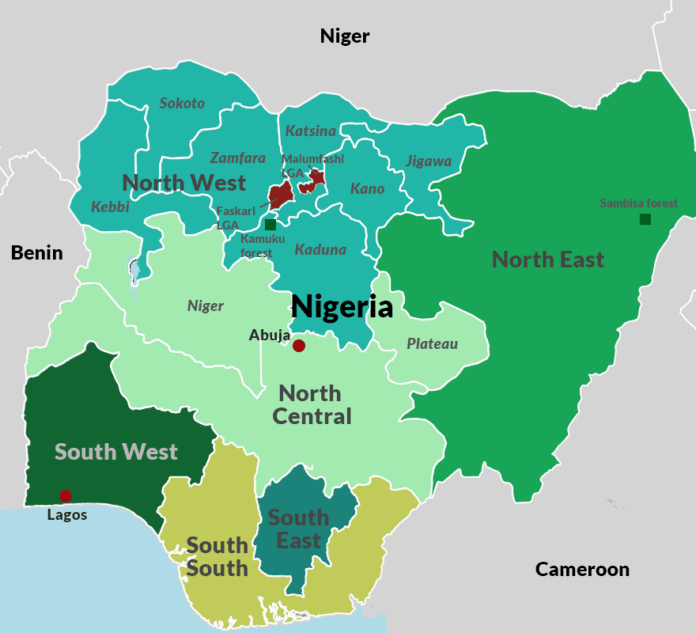By George Onmonya Daniel
The legacy of Nigeria’s quota system continues to shape national discourse, often blurring the lines between merit-based recognition and regional appeasement. From the Niger Delta amnesty programme to recent controversies surrounding national awards, critics argue that political decisions are increasingly driven by regional sensitivities rather than objective evaluation.
In 2009, President Umar Musa Yar’Adua made a landmark decision to grant amnesty to Niger Delta militants a move that stabilized oil production and addressed decades of neglect in the region responsible for over 70% of Nigeria’s revenue. The programme, continued under President Goodluck Jonathan, was widely seen as a success.
However, Yar’Adua also faced the early stages of the Boko Haram insurgency. Acting on intelligence reports, he ordered a swift crackdown. Within days, the group’s leader, Mohammed Yusuf, was captured and killed, and several members were arrested or neutralized. Despite this, Boko Haram re-emerged in 2010 under Abubakar Shekau, launching a violent campaign targeting churches, government institutions, and civilians particularly Southerners and Christians in the North.
As the insurgency escalated, some northern voices began advocating for amnesty for Boko Haram, drawing parallels with the Niger Delta militants. Critics viewed this as a dangerous equivalence, arguing that terrorism should not be conflated with political agitation.
This pattern of regional lobbying has resurfaced in other areas, including sports and education. Recent calls to honor a young woman from the North for an international award have sparked debate. Some commentators allege that the gesture was politically motivated, aimed at countering the dominance of Southern athletes in women’s football, particularly the Super Falcons.
The controversy deepened when former minister Isa Pantami, previously criticized for extremist views, publicly supported the award. Observers claim this mirrors past efforts to secure federal recognition through regional pressure rather than merit.
The Tinubu administration, facing scrutiny over its Muslim-Muslim ticket and seeking to maintain political balance, has been accused of yielding to such pressures. Critics warn that this approach risks undermining national unity and meritocracy.
As Nigeria grapples with complex identity politics, the quota system mentality remains a contentious issue raising questions about the future of governance, equity, and national cohesion.







